Cowboy Bebop. Probably the first major anime I introduced myself to when I was younger, outside of Dragon Ball Z and Yu-Yu Hakusho anyway (didn’t see much of the latter). One of those series I found myself coming back to on a couple of occasions, including recently. I wanted to see if it was as good as I remembered. Well, it wasn’t. It was better.
Despite its episodic structure, in the sense that each episode is sort of stand-alone, there is an overarching theme to the whole thing. It’s all about the weight of the past, and the ways it affects the present. Every episode has that aspect of it to some extent. Whether it’s a character’s past mistake or broken relationship, a misdeed done by a government or corporate agency, old vs. new technology, or even a callback to a past cultural influence such as the western cowboys, Japanese samurai, or the Jazz/Blues music of the 70s exploitation era. It all affects one or more of the major characters in each episode in some way.

Each episode tackles this central theme in a different way, while also building upon the central protagonists who are in (almost) every episode themselves, or the galaxy they inhabit. This is a setting where mankind has acquired the technology to colonize a few planets in the solar system, thanks to jump gate technology (which itself had at least one catastrophic event with its development, which has affected individuals in certain episodes), and the development of various forms of spacecraft, small and large (including one ship design giving it the look of a tommy gun), capable of entering and exiting planet atmospheres and flying in space. And aside from ship technology, it is also possible to change one’s identity if one has enough cash (woolongs). Some episodes show a man going from skinny to fat, from a white guy to a black guy, a man to a woman, etc. Primarily with the intention to evade authorities and bounty hunters (the latter of which exist because there isn’t enough of a police presence on a solar system scale to track down all criminals).

Just as the criminals can’t outrun apprehension from the hunters or the authorities forever, neither can the protagonists, or anyone for that matter, outrun their past forever. The past only serves to chain us down until it is confronted and resolved. Yet one may find themselves in a position where resolving the past is impossible, or so one could think. There are multiple ways to resolve the weight of the past, each way leading to a different outcome. After all, the criminal could always just turn themselves in, an option that was presented in at least one of the episodes (though they never seem to take that option). It’s more about figuring out a way to let oneself be reconciled with their own past. Otherwise, being so hooked up on the past, you’ll be unable to appreciate what you have in the present. And if you stay hooked up on the past long enough, the stuff in the present you could’ve appreciated may be gone, just like the past
And incredibly enough, this is a mature series. And by mature, I don’t mean in regards to the violent content or the sexual content or the nudity (the latter of which is only present very briefly in one episode). I mean mature in the themes themselves. Past weight and consequences aside, have you noticed a trend in most anime films that are out there? The same kind of trend that occurs in most films over the past few decades? This series is not one about “the coming of age,” or, “realizing/fulfilling one’s destiny,” or, “overcoming impossible odds through comradery and personal discovery,” the latter of which is something I tire of seeing, because it’s fucking everywhere, in virtually everything that is classified as an action/fantasy/adventure film. It’s about adults, who are likely past their prime, trying to rediscover a meaning in their life, to try and make a living in their self-employed conditions and harsh lifestyle. Adults who have no more life-lessons to be learned. Because normally, a situation like that acts as the motivation for the protagonist to do any of the previous traditional film/series arcs. We need more series and films with mature content like this, without any quest or destiny to be fulfilled. We need films and shows that teach us to be mature in their own way.
But anyway, funnily enough, the first episode I ever saw of this series is the same episode a few people I’ve become acquainted with coincidentally first saw. Heavy Metal Queen. And yes, it’s still one of my favorites, with this space trucker chick who blasts heavy metal music, plus that awesome sequence where Spike Spiegal is attempting to hop from one ship to another, by ejecting himself into space without a suit. My other favorites include Mushroom Samba (the “Edward” episode that’s also all about 70s blacksploitation, and a bit of Django), Gateway Shuffle, and Wild Horses. That being said, all the episodes are great.

As for the characters, the major characters are all solid. Spike and his Bruce-Lee inspired martial arts and philosophy, Jet being his stubborn hard-ass self, Fey being dangerous seductive manipulative and somewhat self-destructive, Ein just for being there, and Edward. Edward completely steals the show from everyone else, for two reasons. One, she is so wacky and unique and fun. Two, the English voice actress for her is unbelievably great. We’re talking greatest dub for one of the greatest animated characters of all time great. On-par with Mark Hamill’s dub of the Joker.

There’s a reason this is considered not only one of the best gateway anime series to watch, but also one of the greatest of all time. Accessible and deep, and ages like fine wine. Some episodes are hilarious, others great solid action/drama/noir/thriller entertainment, others pack an emotional gut-punch. It doesn’t answer every question raised or hinted at, and that’s perfectly fine, because it’s good to leave people wondering about some of these things, to have some mystery about the past, and how some characters will turn out in the end. And unlike most anime, it’s also refreshing to see one that has a definitive end. With it’s mismatch of different genres and episode structures, and managed to pull things together in such a perfect concoction, it’s a true lightning in a bottle series.
And then there’s the movie Knocking on Heaven’s Door.
For The Full Review Check Out, The Anomalous Host: Cowboy Bebop series (1998) and movie (2001) review — The Anomalous Host

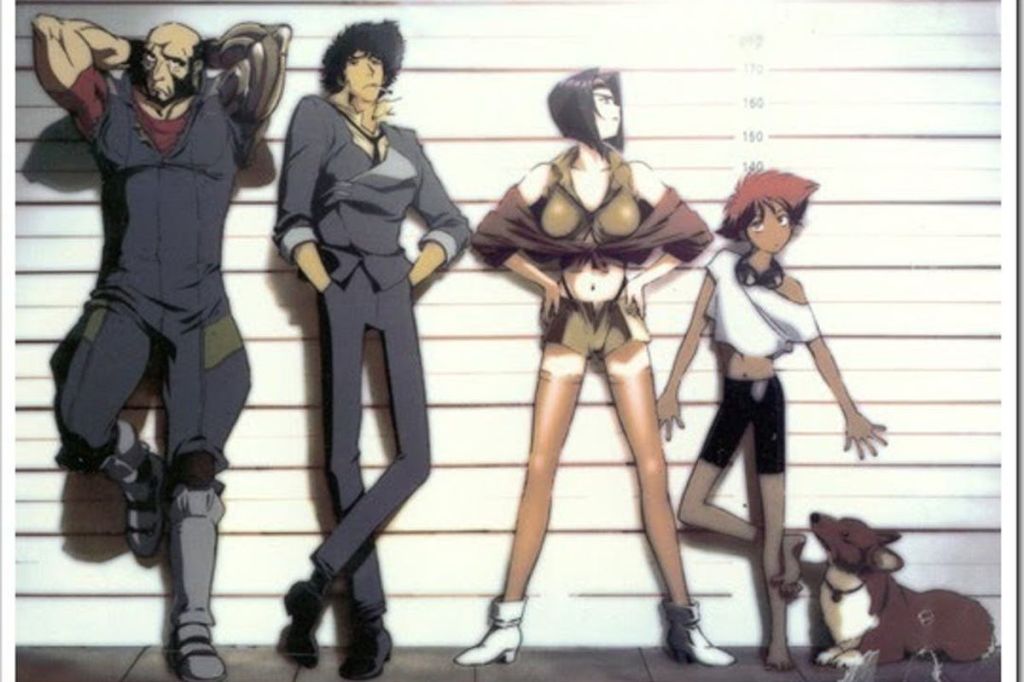
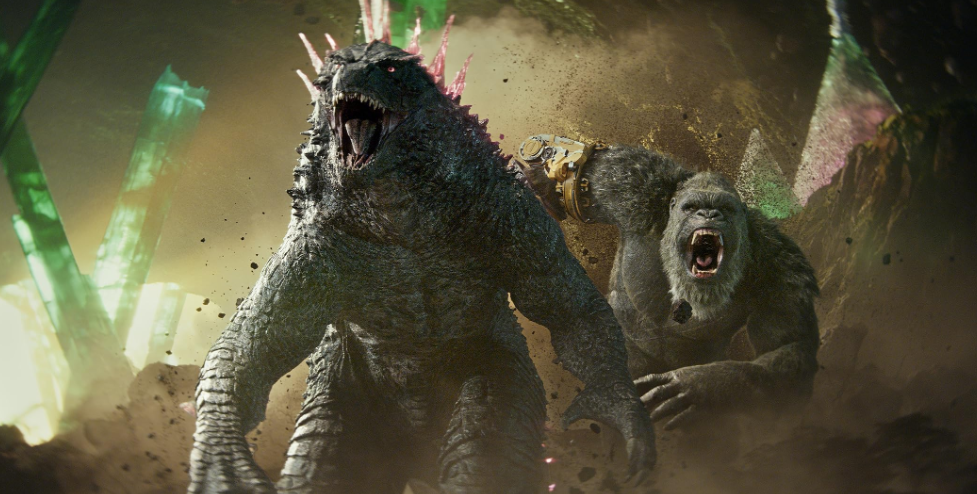
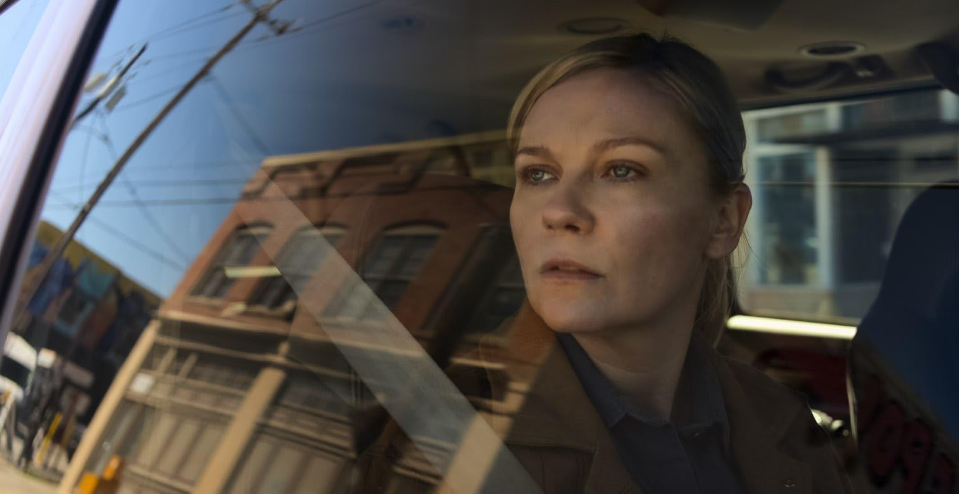
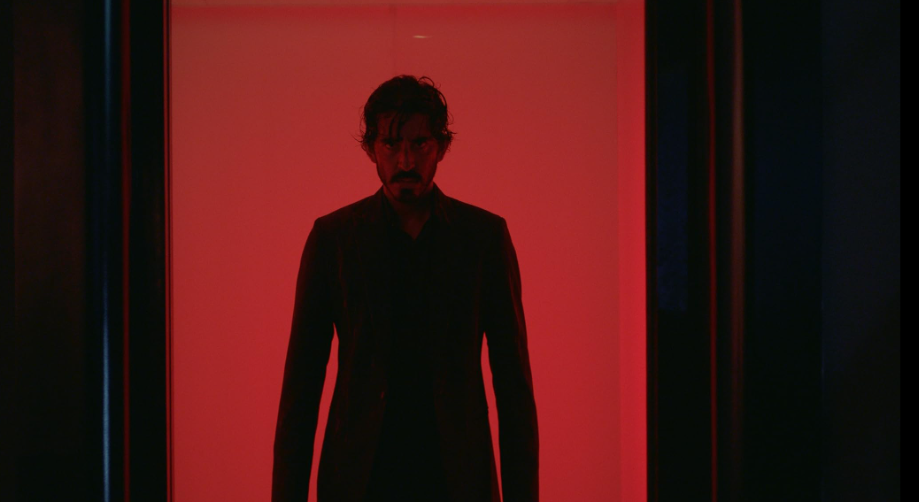
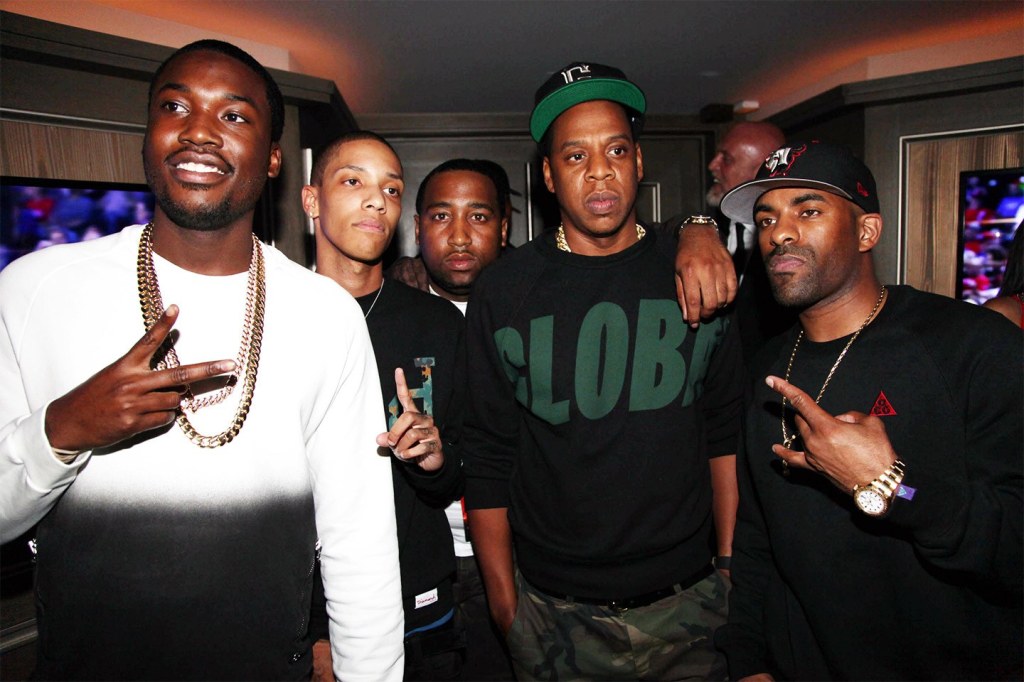
Leave a Reply